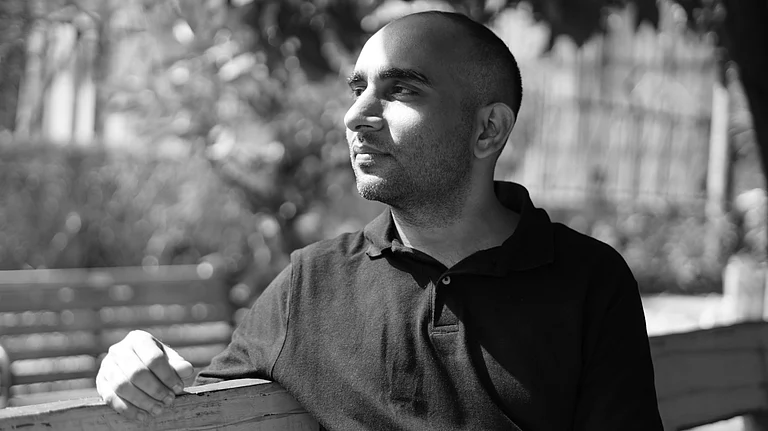In the past few months, the Indian literary firmament has been exercising itself more about awards than about creativity. Krishna Sobti, an eminent Punjabi writer, refused to be considered for the 2009 Padma awards; Janaki Vallabh Shashtri, a Hindi poet, expressed resentment that a mere Padma Shri—and so late in life—does not adequately recognise his contribution to literature; and now, three left-leaning organisations of Hindi writers—the Pragatisheel Lekhak Sangh, the Janwadi Lekhak Sangh, and Jan Sanskriti Manch—are protesting against the Sahitya Akademi collaborating with Samsung Electronics, a Korean MNC, to institute the Tagore Literature Awards.
The Akademi’s first Tagore awards, for 2009, were given away on January 25 by South Korea’s first lady, Kim Yoon-ok, to writers in eight Indian languages—Bengali, Bodo, Gujarati, Hindi, Kannada, Kashmiri, Punjabi and Telugu. The protest, as Sahmat, a leftist cultural organisation, said in a statement, was not about those who were awarded, but against the collaboration of a public-funded autonomous institution like the Akademi with a profit-driven business house. This association, Sahmat said, was “demeaning” for the Indian awardees as well as for Rabindranath Tagore, after whom the award is named. The protesters also complained that the selection process for the award was opaque. That there was no furore in the literary establishments of the other seven languages testifies to the ideological schisms with which the Hindi literary world is riven.
Ideology apart, it’s to be noted that in case of the Padma awards, what was questioned was the legitimacy of erratic state patronage; in case of the Samsung sponsorship, the sticking point was corporate patronage. Does that mean there is consensus in Hindi about the soundness of recognition and awards? Not so. A few months ago, Vishnu Khare, a senior poet and critic, launched a broadside against the Bharatbhushan Agrawal award for young poets, on the jury of which Khare himself has served for many years. He not only alleged cronyism by other jury members, he questioned the wisdom of some of his own selections, saying the awardees’ later careers betrayed the promise shown in youth. Incidentally, Khare was among the first to raise his voice against the Samsung sponsorship.
When Indian writers in English receive awards, the media buzz is quite often about the money involved—the prize money itself and the promise of even larger amounts from international royalties and translation contracts. When the soundness of the selection is at all questioned, it is in muted tones. Rarely are ideological issues raised, as in the case of Arundhati Roy declining a Sahitya Akademi award.
In contrast, the Hindi world—perhaps reconciled to its slumdog status moneywise—nearly always raises questions about the credibility of awards, about publication, about reviews, even about mere mentions by an eminent writer in a public speech. Correct me if I’m wrong, but I think controversies around awards in other Indian languages are not as loud as those in Hindi, which drag in all sorts of isms—cronyism, casteism, political affiliation, ideology. Even the dead aren’t spared: their reputations are drawn and quartered when papers reflecting their view of long-dead contemporaries or controversies come to light.
It’s time the Hindi intelligentsia evolved awards as more credible and long-standing institutions, shunning the practice of patronage in favour of principles of transparency and objectivity in selection. There will always be some subjectivity and deeper politics in the appreciation of literature, but it should not be at the cost of a mature and generous engagement with its salt and substance. Controversies season literature, but only when they are over questions of creativity and not credibility. We await a time the Hindi literary world will concern itself more with serious creativity than with frivolous awards.


























